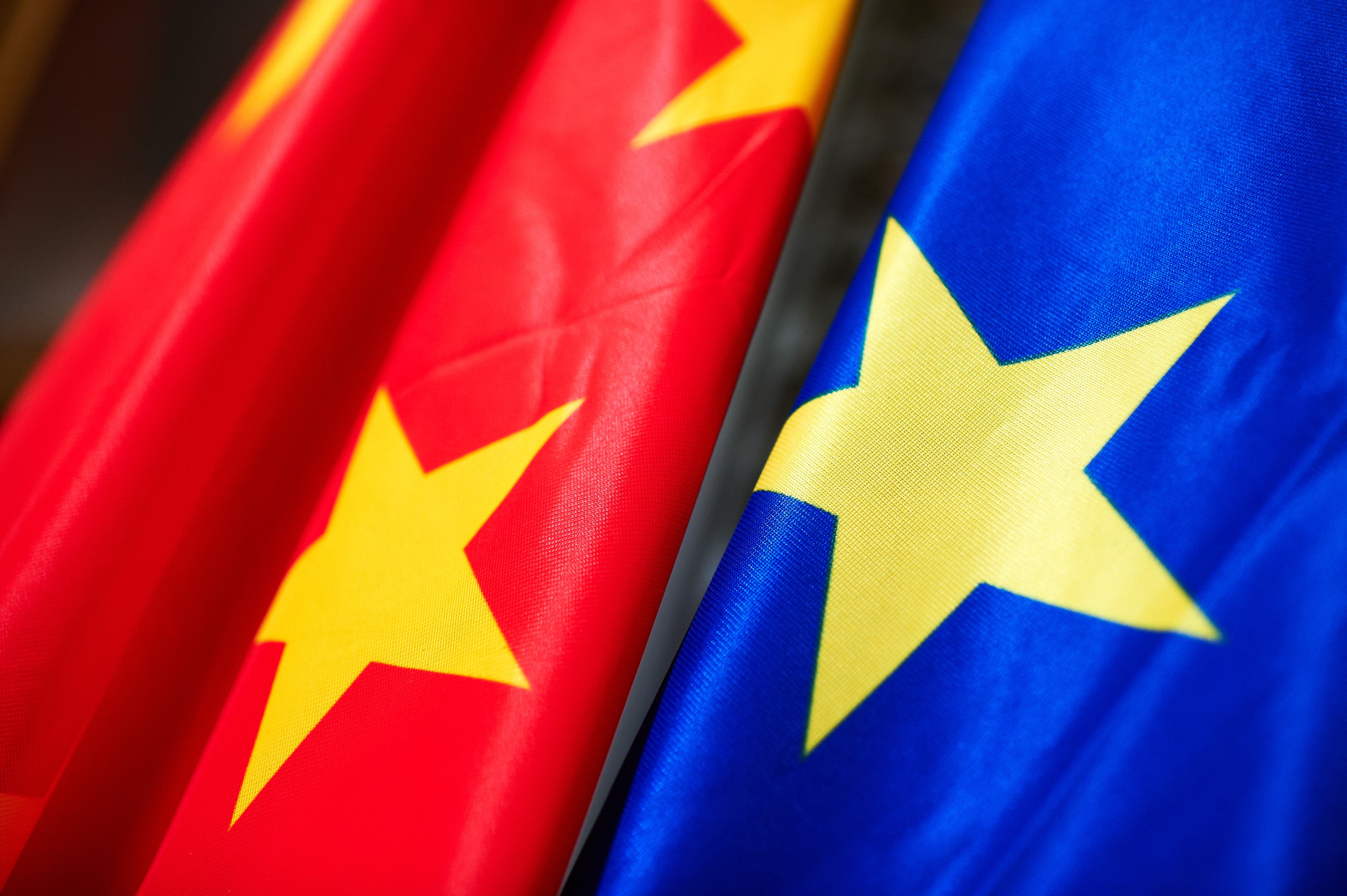EU-China Comprehensive Agreement on Investment: Political and Economic Implications for the European Union
On 30 December 2020, China and the European Union concluded the negotiations of the Comprehensive Agreement on Investment (CAI). It is intended to replace bilateral investment treaties (BITs) between China and particular EU Member States. The EU and China have been athe agreement still needs the approval of the Council of the European Union and the European Parliament.
 Fot. Friends of Europe, via Flickr
Fot. Friends of Europe, via Flickr
The agreement plays an important political role in the complicated relations between the EU, the U.S., and China. Since the European Commission received its mandate for the negotiations of an investment agreement with China in 2013, the international environment, China’s internal and economic policies, and EU-China relations have changed profoundly. In the “EU-China Strategic Outlook”, published in 2019, in which the European Commission assessed the state of EU-China relations and presented its prospects, apart from being described as a strategic partner and economic competitor, China is defined as a systemic rival of the EU promoting alternative models of governance. In that regard, adoption of CAI could downgrade the systemic rivalry with China in the EU’s strategic outlook. Moreover, completing the CAI negotiations by the end of 2020, just weeks before the start of the new U.S. administration, which declared a rededication to Europe, undermined the EU’s potential political leverage in relations with China and, as a consequence, Europe’s position on the global stage.
CAI, in the form concluded in December 2020, is a blow to transatlantic cooperation vis-à-vis China and supports the latter in its rivalry with the U.S. However, some provisions in the agreement, such as on the services sector could be beneficial for U.S. companies, based on the WTO’s most favoured nation rule.
Through agreeing to certain concessions, albeit without legal instruments for the EU to guarantee implementation of the agreement, EU companies, especially those from Germany, France, and the Netherlands—the biggest investors in China—may be in a difficult situation if CAI is ratified and they decide to invest in certain sectors. China treats bilateral economic 6 relations through a political lens and handles them instrumentally. With increasing economic power, China exercises the growing capacity to exert pressure on foreign governments and thus could violate economic agreements, such as the recent example of the one with Australia.
Moreover, the finalisation of CAI must not result in muting criticism of China’s human rights abuses and violations of international treaties.
The report is available in the attachment.





